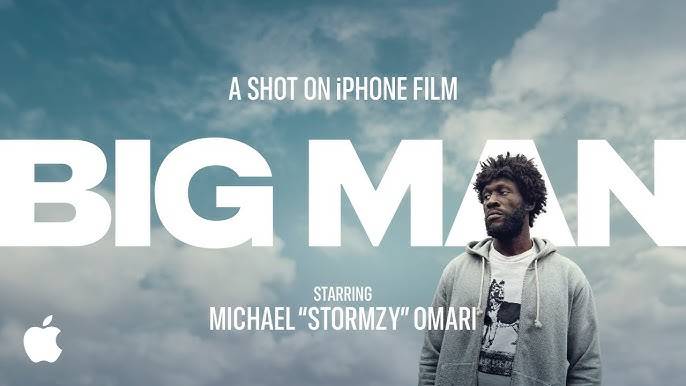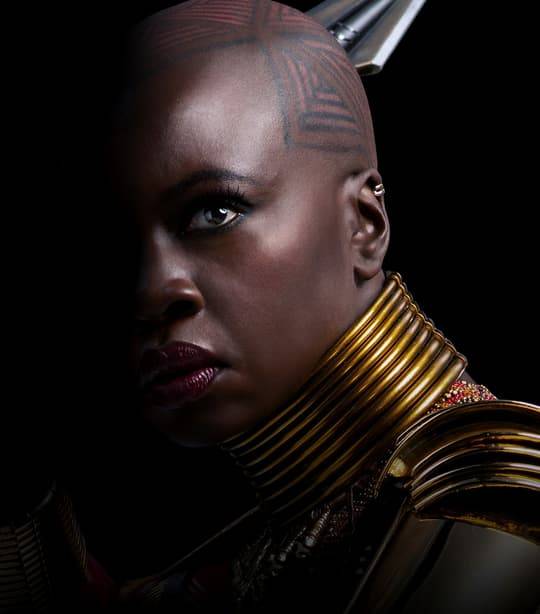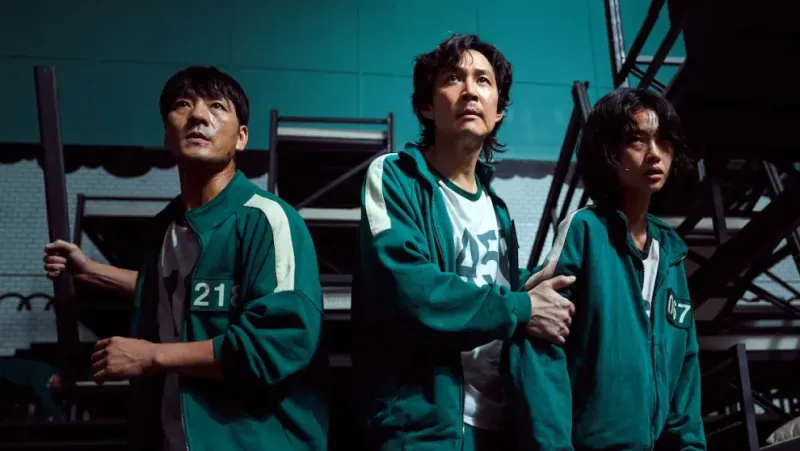Taraji P. Henson is no stranger to commanding the screen with unforgettable presence and raw emotion. Now, she returns with fresh energy in Netflix’s STRAW, a gripping new film that not only showcases her acting range but also gives her space to reflect on the complex, powerful women she’s portrayed over the years. In a special featurette released by Netflix titled Taraji P. Henson Breaks Down Her Iconic Characters, the award-winning actress opens up about the roles that shaped her career—and how STRAW marks a new chapter in her journey.
From Baby Boy’s Yvette to Empire’s Cookie Lyon, Taraji has built a legacy rooted in authenticity, vulnerability, and strength. What makes her recent dive into STRAW so compelling is that it doesn’t just place her in the center of the story—it re-centers her in the conversation about Black womanhood, trauma, and resilience in modern cinema. She plays a woman pushed to the edge, navigating emotional upheaval while confronting past wounds in an unflinchingly raw performance that critics are already calling one of her best.

Read Also: Netflix Ups Subscription Costs in Nigeria

In the Netflix sit-down, Taraji guides viewers through the emotional evolution of her career. She reflects on how each character she’s embodied has mirrored some version of herself—from the optimism of Queenie in The Curious Case of Benjamin Button to the fire and grit of Katherine Johnson in Hidden Figures. With STRAW, however, she notes a personal shift. “This role ripped me open,” she says. “It made me face parts of myself I didn’t want to deal with—but it also reminded me why I started acting in the first place.”
The film, directed by Tyler Perry, follows a woman caught in a spiral of psychological unraveling after enduring multiple losses. It’s not just a performance—it’s a deep dive into emotional and societal pressures many women, especially Black women, endure but are rarely allowed to express fully on screen. STRAW doesn’t sanitize pain; it honors it. And in Taraji’s hands, the lead character becomes a vessel through which audiences can confront their own truths. What’s also worth noting is how Taraji’s presence in the Netflix featurette adds an educational and motivational layer to her work. For aspiring actors, her breakdown of character psychology and emotional discipline serves as a masterclass. She discusses how she builds characters from the ground up—starting with posture, vocal tone, and most importantly, internal conflict. “I never want to play a caricature. I want to play real women, even if they’re messy. Especially if they’re messy,” she explains. Taraji’s candidness also touches on the industry’s tendency to box Black actresses into limited roles. She emphasizes how STRAW defies that pattern, allowing her to fully embody a character with depth, nuance, and contradictions. With Netflix giving the film global visibility, it signals a cultural shift—one that amplifies layered storytelling for Black women and gives actresses like Taraji the creative space they deserve.
In an entertainment landscape often driven by fleeting trends, Taraji P. Henson’s return to center stage in STRAW feels not only refreshing but necessary. It’s a reminder that great storytelling is timeless—and that some performances demand to be felt, not just seen. As Netflix continues to push bold content with social relevance and emotional weight, STRAW stands out not only as a cinematic achievement but also as a cultural statement. And with Taraji P. Henson leading the charge, it's safe to say the queen is not just back—she’s breaking new ground.



